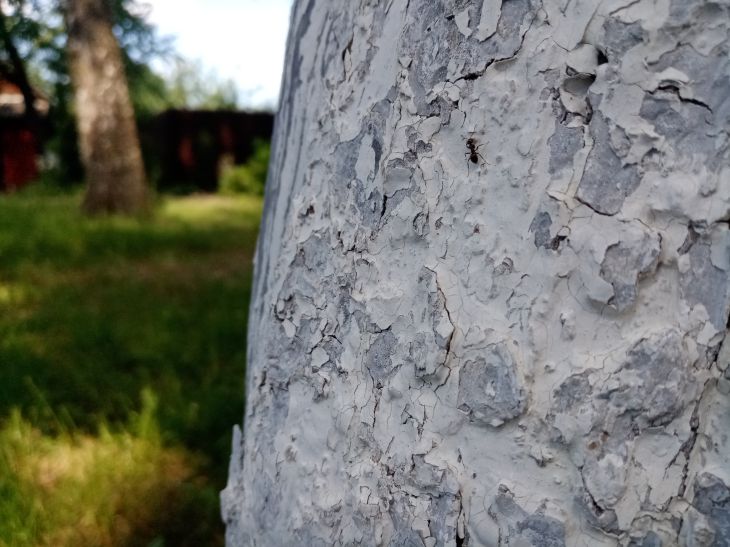How to get rid of aphids without chemicals: gardeners revealed the secret
Most often, aphids settle on very young plants. Sucking all the juice from tender leaves and shoots, they not only destroy the plantings very quickly, but also infect them with dangerous diseases.
Ants protect aphids from their natural enemies. These incredibly hardy insects tirelessly guard the "herds" of their charges for the sake of their favorite delicacy - honeydew.
Of course, such protection does not pose any danger to humans, but it significantly complicates the fight against the pest, says expert of the portal "MOS SMI", scientist agronomist and landscape designer Anastasia Kovrizhnykh .
The fact is that ants periodically move aphids from place to place to provide them with food, and it is almost impossible to track their movements.
Some gardeners and vegetable growers fight aphids with strong chemicals, as they consider them the most effective. However, most still prefer safer, folk methods.

In cases where the number of aphids is small and does not exceed 10-15 individuals, one piece of regular laundry soap is enough for treatment. Before use, it just needs to be grated and dissolved in a bucket of water.
To enhance adhesion, you can add half a glass of vegetable oil to the solution. This component will significantly increase the effectiveness of the product and make it more resistant to moisture.
The composition can be further improved by replacing water with a decoction of spruce, pine, thuja or juniper needles. The pungent smell of these plants repels ants, but at the same time attracts ladybugs - the main enemies of aphids.
In particularly difficult situations, when there are a lot of aphids, it is recommended to add tobacco dust to the product (1 glass per 5 liters of liquid). Before use, the solution must be left to stand for 24 hours, and the container must be covered with a lid during storage.
When using this product, it is important to remember that it is natural. Therefore, it is necessary to treat places where aphids accumulate with it regularly, approximately once every two weeks.
Earlier, Anastasia Kovrizhnykh told how to grow juicy bell peppers .
